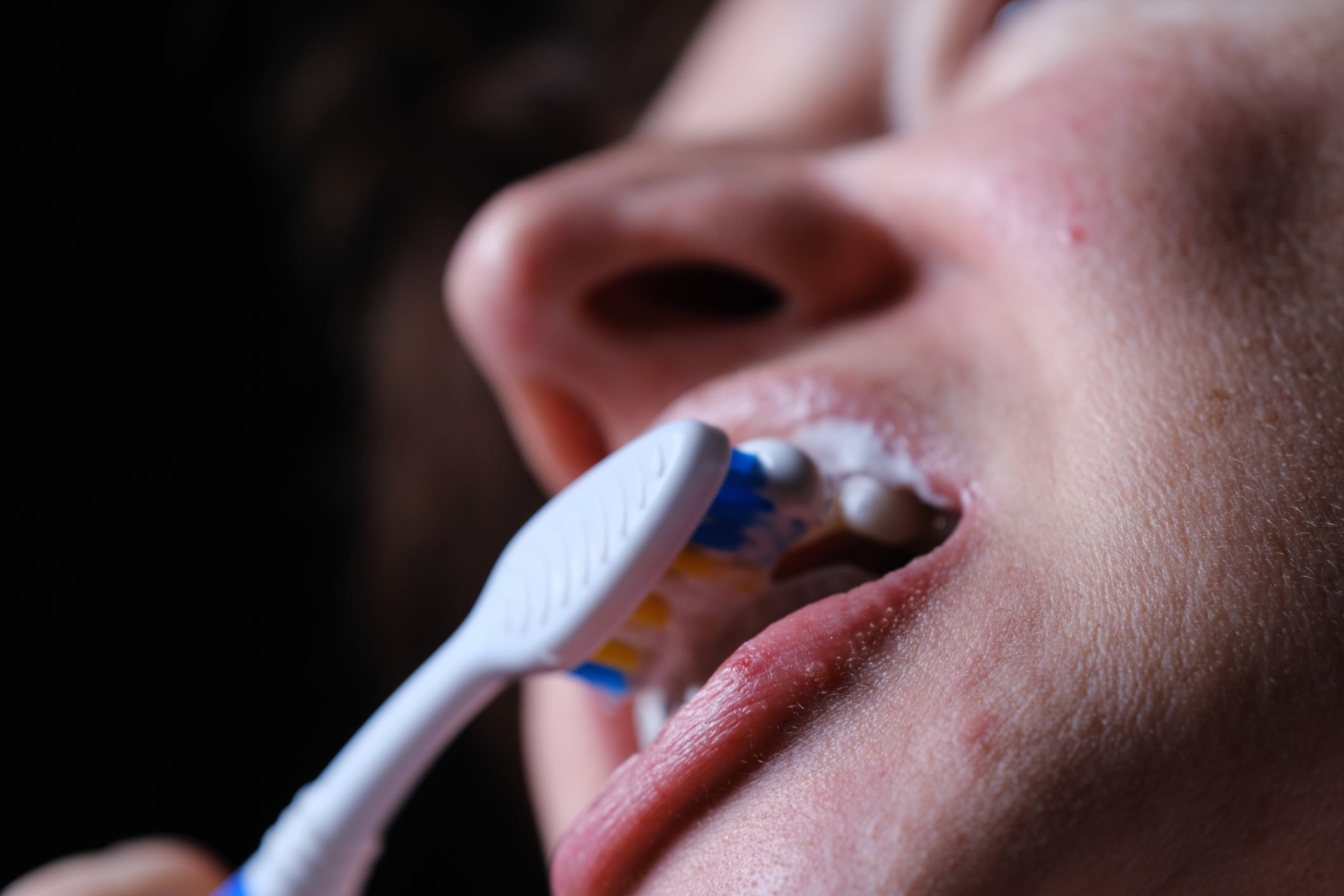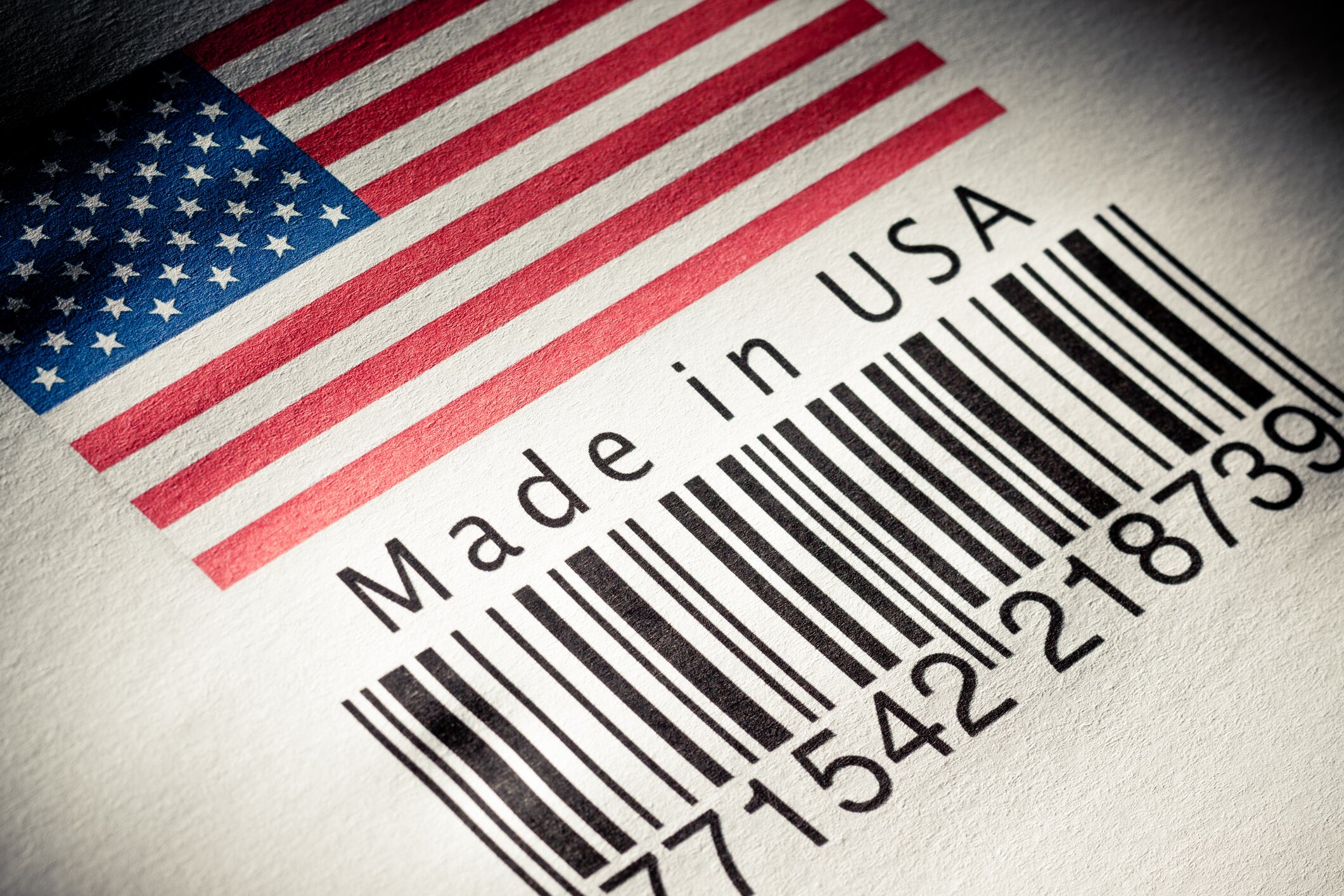Following a Fast-Track SWIFT challenge initiated by competitor The Procter & Gamble Company (P&G) regarding affiliate posts promoting Dr. Squatch products on TikTok Shop, the National Advertising Division (NAD) “recommended that Dr. Squatch, LLC take steps to ensure” that these types of advertisements “clearly disclose their material connections,” according to NAD’s public case decision.
As detailed by the organization, Fast-Track SWIFT is an expedited process for single-issue advertising cases. While the posts included a disclosure noting that influencers earned commissions, P&G’s complaint focused on whether that disclosure adequately covered additional compensation beyond affiliate commissions.
As detailed in the case decision, “Dr. Squatch also offers additional affiliate rewards, allowing influencers to earn incentives beyond the standard affiliate link commission.” At issue were these undisclosed bonuses, which raised questions about whether a standard “Creator Earns Commission” label sufficiently meets FTC guidelines to inform consumers of material connections adequately.
Dr. Squatch voluntarily removes content & updates compliance
During the inquiry, Dr. Squatch chose not to contest the challenge. Instead, it “voluntarily and permanently discontinued the subject advertising and has taken steps to ensure that the posts at issue comply with the FTC Guides,” according to the NAD.
As a result, NAD affirmed that the claims were treated as if the organization had recommended discontinuation, without issuing a decision on the claims’ merits.
TikTok disclosure limitations may be key factor, says legal expert
CosmeticsDesign US spoke to Jennifer Adams, an attorney at Amin Wasserman Gurnani, who noted that P&G’s challenge appears to be narrowly focused. “The one interesting thing to me is that P&G did not challenge whether the TikTok Shop disclosure (‘Creator Earns Commission’) is a sufficient material connection disclosure,” she said.
“They only challenged that it is not sufficient in a situation where the creator is earning something more than just the commission,” she continued, “such as additional awards and prizes beyond the usual affiliate link commission.”
This limited scope may signal a strategic decision. “FTC and NAD have generally frowned upon app built-in disclosure tools, so the challenge’s scope seems to signal P&G may not want NAD to opine on whether the TikTok Shop disclosure is sufficient in normal affiliate situations,” she clarified.
Platform constraints may limit disclosure options
The underlying platform functionality may also have influenced Dr. Squatch’s decision to remove the posts entirely. “TikTok creators are not able to modify posts after they are live,” Adams explained to CDU.
“Since there is no mechanism to update any disclosure,” she said, “Dr. Squatch may have opted to just remove the posts as it would have had to do so if NAD recommended any further disclosures.”
Potential implications for brands using TikTok Shop
The case highlights a potential compliance risk for brands relying on TikTok Shop’s default affiliate disclosures. Adams emphasized that “most with ‘open’ TikTok Shop programs rely on the built-in disclosure tool due to current platform limitations for communicating with and monitoring affiliates.”
Without a way to ensure disclosures meet FTC standards when additional compensation is involved, advertisers may need to re-evaluate their affiliate oversight.





